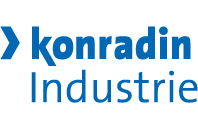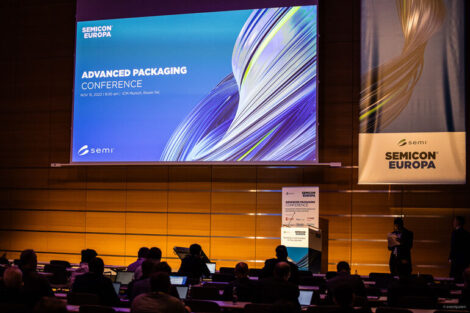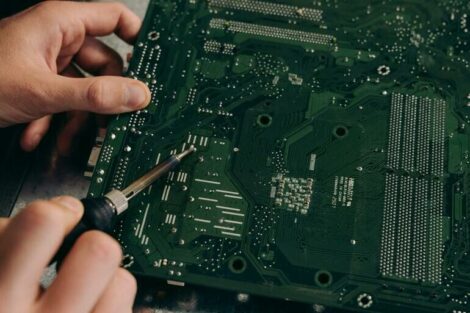Semiconductor giants Infineon, Intel and TSMC have all recently announce plans to build chipmaking facilities in eastern Germany with the support of government subsidies under the framework of the EU Chips Act. Intel says its new mega-fab in Magdeburg will create 3000 jobs; TSMC’s joint venture in Dresden aims to generate 2000. German chipmaker Infineon, which broke ground on its new plant in Dresden in May 2023, is looking to employ 1000 more staff than it currently employs. But with German industry facing serious shortages of skilled workers, there are concerns about how these positions will be filled. A recent report by the Wall Street Journal claims the local apprenticeship programme which would feed the new Intel factory in Magdeburg is currently only training two staff.
To address these issues, the president of Germany ’s digital association Bitkom, Ralf Wintergerst, has called on the German government to fund the training of skilled workers to fill these gaps. “If we are funding the new chip factories with billions of euros of taxpayers‘ money, then we also need funding for the training of skilled workers to work there, whether from the federal government or the states,“ Wintergerst told Ippen.Media. He also urged the German government to better facilitate immigration for qualified specialists, pointing out that current administrative processes are so cumbersome that they make the country less attractive to skilled workers from abroad, Merkur.de said in a report,
When it announced its plans, Intel said Germany is an ideal place to establish a new hub – a “Silicon Junction” – for advanced chipmaking … ‘This Silicon Junction will serve as the connection point for other centers of innovation and manufacturing across the country and region.” When training people to work in its new Magdeburg mega-fab, Intel intends to send local trainees to a factory it operates in Ireland as part of their apprenticeship programme, as there are at present no suitable local facilities, the WSJ reported.
Germany is not the only country facing labour shortages in the area of microchip production. Taiwanese semiconductor giant TSMC recently delayed the start of production at its new plant in Arizona, USA until 2025 (instead of the original goal of 2024) due to a shortage of skilled labour. In an earnings call in July, the company confirmed it planned to bring in trained technicians from Taiwan to train local workers to help accelerate installation.












